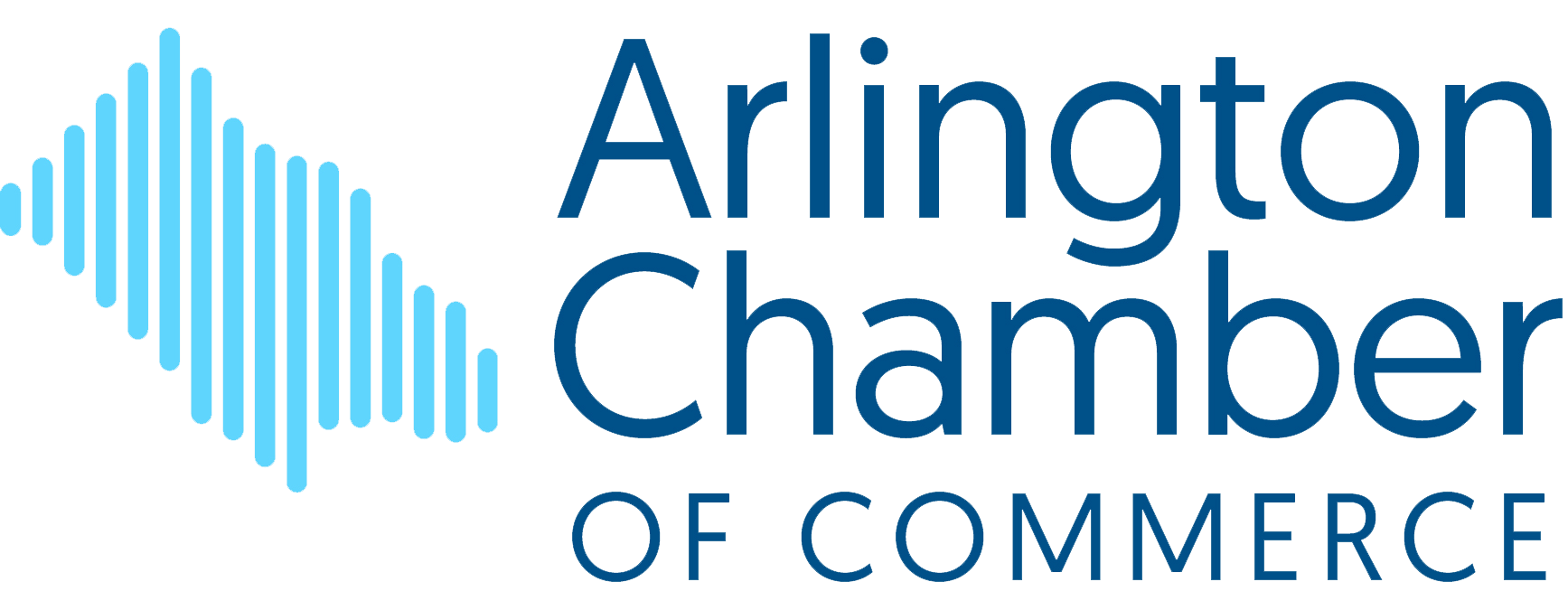
Media headlines about the Washington commercial real estate market and double-digit vacancy rates in the Rosslyn-Ballston Corridor and Crystal City have lulled many tenants into a false sense of security when it comes to renewing their leases. Many tenants expect their landlords to bend over backwards and offer the best deal possible with little-to-no effort from tenant. Unfortunately, many tenants find themselves in a position where they have little leverage at the end of their term. Below is an overview of common tenant mistakes at renewal time.
Waiting Until the Last Minute
One of the keys to negotiating a favorable lease renewal is to create leverage with your existing landlord. In order to do this, the owner must believe that you are willing to leave and have the time to move out without paying holdover penalties for your existing premises. Too often tenants approach an owner with only a month or two left on their existing lease and find themselves with few options. Your landlord knows it typically takes a tenant 6-9 months to find new space, negotiate a lease and have that spaced designed, permitted and constructed to meet a tenant’s needs (to be discussed in a future blog post). If you approach an owner a month or two prior to the end of the term, the owner will assume you do not have a back up site selected and will not be motivated to negotiate the best deal for the tenant.
Remember, Everything is Negotiable
When negotiating a renewal, tenants tend to focus on the rental rate with little regard for other items of economic value. A tenant may be able to secure a rent reduction to match rental rates in neighboring buildings but forget to reset the operating expense and real estate tax pass-throughs it is paying outside the base rent. This can easily add 10–20% to occupancy costs. This is also time to address any nagging issues with the tenant premises and building and premises. Is there a portion of the office that is either too cold or too hot, does the layout of your space need to be reconfigured, or do the bathrooms on the floor need renovation and updating? Now is the time to ask.
Rental Abatement
Rental abatement is another tool that can be used to improve the economics of the lease. Landlords typically budget a tenant improvement allowance for renewals in their building pro-formas. If the money isn’t spent, it is additional profit for the owner. Even if a tenant does not need work done to its premises, it should still request an improvement allowance and negotiate the option to convert it into rental abatement. This money can also be used to buy furniture, phone systems and other office equipment.
Not Touring the Market
Even if a tenant is 100% certain that it wants to remain in place, it helps to tour other options. The commercial real estate community is a relatively small community and your landlord is talking to other agents on a daily basis. Nothing motivates them more than hearing that you have toured the building next door from an outside source or seeing your firm’s name on a “tenants in the market” list that is traded among the real estate agents.
Hire a Commercial Real Estate Advisor
When negotiating a renewal, it also helps to have a qualified commercial real estate advisor on your side. The advisor will do most of the work and provide you with the guidance necessary to avoid the pitfalls of the renewal process and make sure you get the best deal possible. He or she will also create a sense of urgency with your owner, because he or she may find another option for your firm. Typically, the owner will pay your real estate advisor’s fee at no additional cost to you. These fees are already budgeted into the building pro-forma, and if there is no outside agent involved the money is additional profit for the Landlord. Why not use this money to your advantage?
With careful planning and advice, tenants can avoid these common mistakes when negotiating renewals and help reduce their organization’s occupancy costs.


 RSS Feed
RSS Feed
